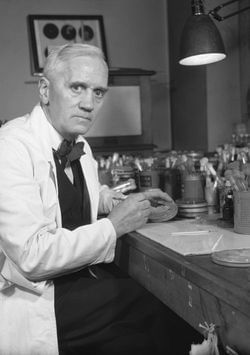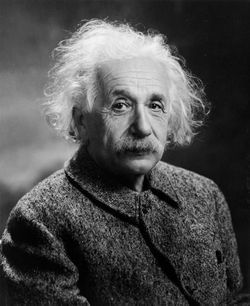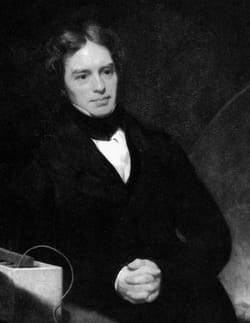.jpg?bossToken=ee748b1854ccddd02e869d3ee3e4af542d6b4cd23d937c447143178e2bdd0214)
Photo Attribution: ZEISS Microscopy from Germany, CC BY-SA 2.0 https://creativecommons.org/licenses/by-sa/2.0, via Wikimedia Commons
Robert Koch
This example has been viewed 894x times
Summary
Rodden Rating
Analysis for Robert Koch
Biography
Heinrich Hermann Robert Koch (English: /kɒx/ KOKH,[1][2] German: [ˈʁoːbɛʁt ˈkɔx] (listen); 11 December 1843 – 27 May 1910) was a German physician and microbiologist. As the discoverer of the specific causative agents of deadly infectious diseases including tuberculosis, cholera (though the bacterium itself was discovered by Filippo Pacini in 1854), and anthrax, he is regarded as one of the main founders of modern bacteriology. As such he is popularly nicknamed the father of microbiology (with Louis Pasteur[3]), and as the father of medical bacteriology.[4][5] His discovery of the anthrax bacterium (Bacillus anthracis) in 1876 is considered as the birth of modern bacteriology.[6] His discoveries directly provided proofs for the germ theory of diseases, and the scientific basis of public health.[7]
While working as a private physician, Koch developed many innovative techniques in microbiology. He was the first to use the oil immersion lens, condenser, and microphotography in microscopy. His invention of the bacterial culture method using agar and glass plates (later developed as the Petri dish by his assistant Julius Richard Petri) made him the first to grow bacteria in the laboratory. In appreciation of his work, he was appointed to government advisor at the Imperial Health Office in 1880, promoted to a senior executive position (Geheimer Regierungsrat) in 1882, Director of Hygienic Institute and Chair (Professor of hygiene) of the Faculty of Medicine at Berlin University in 1885, and the Royal Prussian Institute for Infectious Diseases (later renamed Robert Koch Institute after his death) in 1891.
The methods Koch used in bacteriology led to establishment of a medical concept known as Koch's postulates, four generalized medical principles to ascertain the relationship of pathogens with specific diseases. The concept is still in use in most situations and influences subsequent epidemiological principles such as the Bradford Hill criteria.[8] A major controversy followed when Koch discovered tuberculin as a medication for tuberculosis which was proven to be ineffective, but developed for diagnosis of tuberculosis after his death. For his research on tuberculosis, he received the Nobel Prize in Physiology or Medicine in 1905.[9] The day he announced the discovery of the tuberculosis bacterium, 24 March 1882, has been observed by the World Health Organization as "World Tuberculosis Day" every year since 1982.
Source: https://en.wikipedia.org/wiki/Robert_Koch
Raw Data
Horoscope Data
Comments
Natal Data
1843-12-11 23:10:07 GMT
51° 48′ 28.8″ N 10° 19′ 48.0″ E
38678 Clausthal-Zellerfeld, Germany















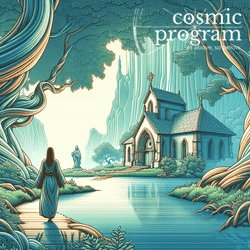
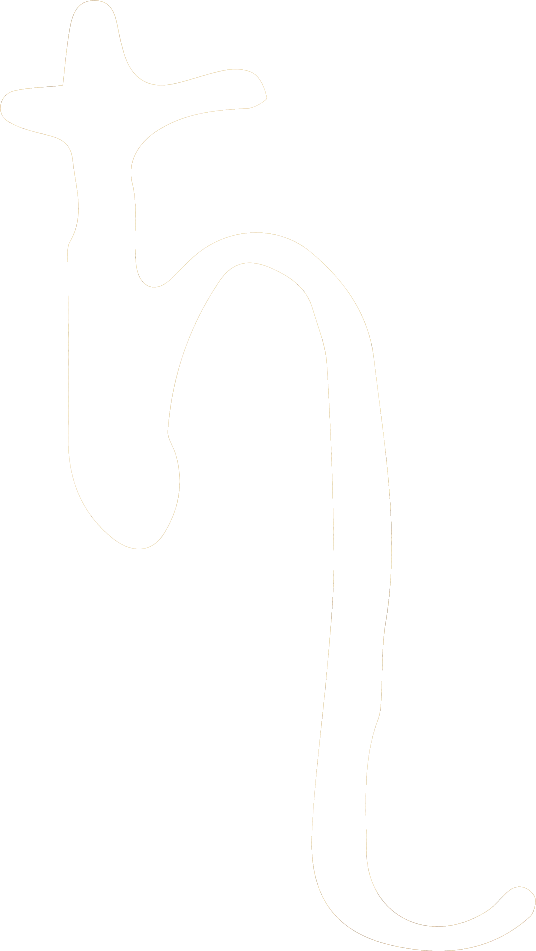






































.png?bossToken=09b3fd2528404ef0d2f971cdac2a9e172899f80aa6b1420d115a995d66316a41)
.jpg?bossToken=49322f64b79ba87d6472c753d43da97b5f3a253b2af4821d18b22eef61c7cec6)

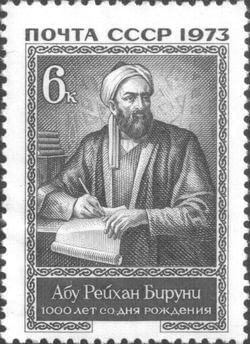
.jpg?bossToken=08c481a3fa0c716226f91b7380858b2bc4263bf36df763df30dfc804d5be6135)
